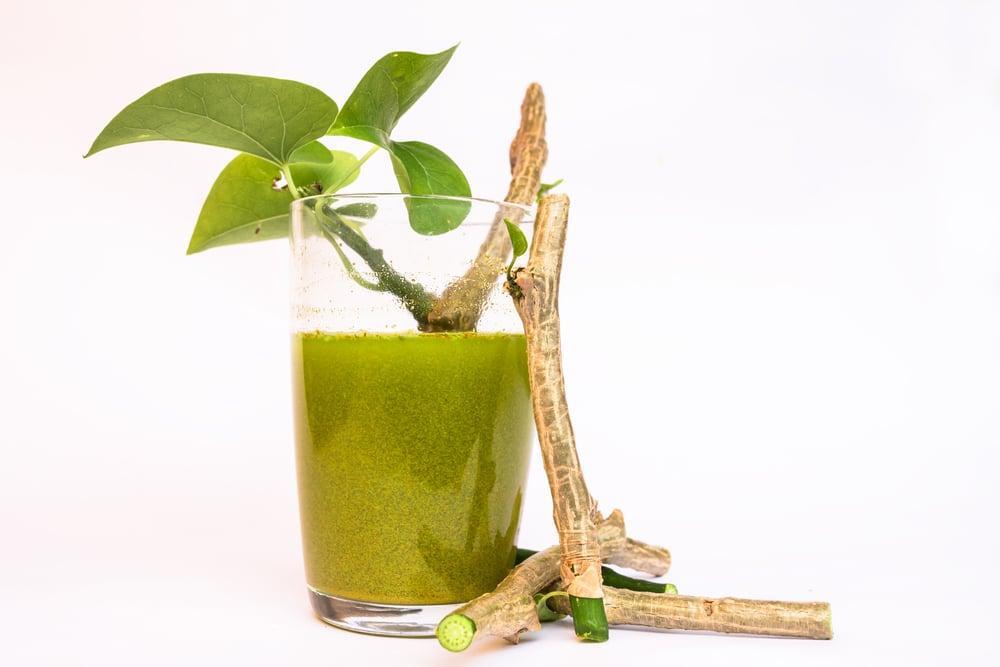
Giloy’s Health Benefits Gain Attention as Research Rises 376%
In recent years, the world has witnessed a significant surge in the number of research studies conducted on the medicinal properties of Giloy, a plant-based herb commonly used in Ayurvedic medicine. According to PubMed data, the number of studies on Giloy has risen by an astonishing 376.5% in the last decade, with a staggering 913 studies conducted in 2024 alone, up from just 243 in 2014. This remarkable increase in research activity is a testament to the growing recognition of Giloy’s potential in modern medicine, particularly in the areas of immunity, inflammation, and disease prevention.
Giloy, also known as Tinospora cordifolia, is a perennial climber native to the Indian subcontinent. For centuries, Ayurvedic practitioners have used Giloy to treat a range of ailments, from fever and cough to skin conditions and digestive issues. However, it is only in recent years that Western scientists have begun to take notice of its impressive array of bioactive compounds, including glycosides, alkaloids, and saponins.
One of the primary reasons behind the surge in Giloy research is its reputation as a natural immunomodulator. In the post-COVID era, there has been a growing interest in the development of effective, evidence-based treatments that can boost the body’s natural defenses against infection and disease. Giloy’s potential in this regard has been demonstrated in numerous studies, which have shown that its extracts can stimulate the production of interferons, activate natural killer cells, and enhance the activity of macrophages.
In addition to its immunomodulatory effects, Giloy has also been found to possess potent anti-inflammatory properties. Chronic inflammation is a major risk factor for a range of diseases, including cardiovascular disease, cancer, and neurodegenerative disorders. By targeting inflammation, Giloy may offer a promising new approach to the prevention and treatment of these conditions.
Recent studies have also highlighted Giloy’s potential in cancer therapy and autoimmune diseases. Researchers have found that Giloy’s extracts can inhibit the growth of cancer cells, induce apoptosis, and enhance the efficacy of chemotherapy drugs. Similarly, Giloy has been shown to modulate the immune response in autoimmune diseases, such as rheumatoid arthritis and multiple sclerosis, by reducing inflammation and improving tissue repair.
The Indian government’s Ministry of Ayush has taken notice of the growing body of evidence supporting Giloy’s medicinal properties. In a recent statement, the ministry emphasized the importance of integrating evidence-based research into traditional Ayurvedic practices, with a view to developing new, effective treatments that can benefit patients worldwide.
The increasing popularity of Giloy is also evident in the growing demand for Giloy juice, a popular Ayurvedic tonic that is believed to offer a range of health benefits, from boosting immunity to reducing stress and anxiety. According to industry experts, the global market for Giloy juice is expected to grow significantly in the coming years, driven by increasing consumer awareness of the herb’s medicinal properties.
While the surge in Giloy research is a welcome development, it is essential to note that more studies are needed to fully understand the herb’s potential. Additionally, the quality of Giloy products on the market can vary significantly, and consumers should be wary of products that make exaggerated claims or lack scientific backing.
In conclusion, the remarkable rise in Giloy research is a testament to the herb’s growing recognition as a valuable natural medicine. With its impressive array of bioactive compounds, Giloy offers a promising new approach to the prevention and treatment of a range of diseases. As research continues to advance, it is likely that we will see a proliferation of new Giloy-based products and therapies that can benefit patients worldwide.
Source: https://www.healthcareradius.in/ayurveda/giloy-juice-immunity-benefits






